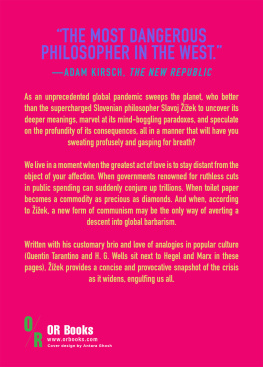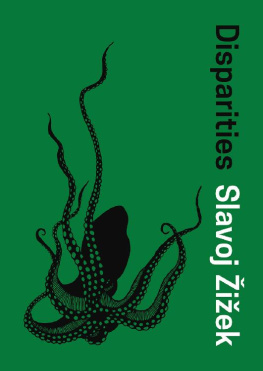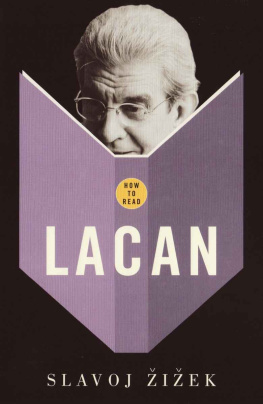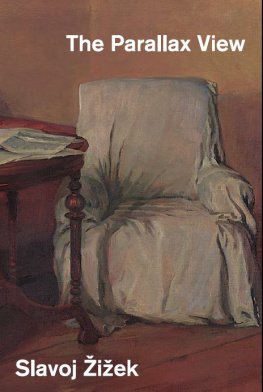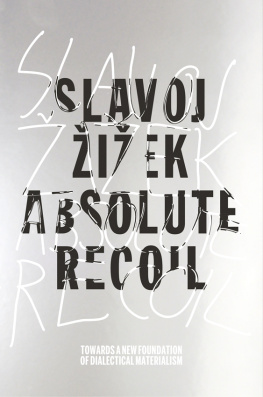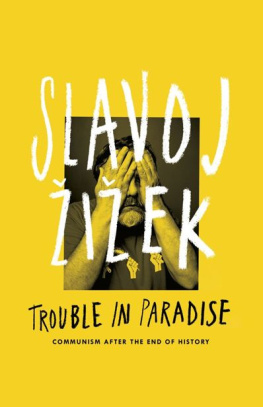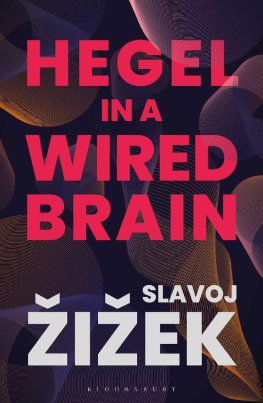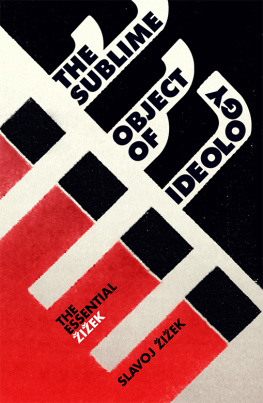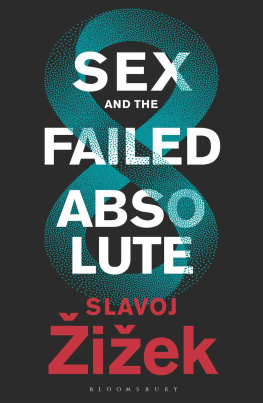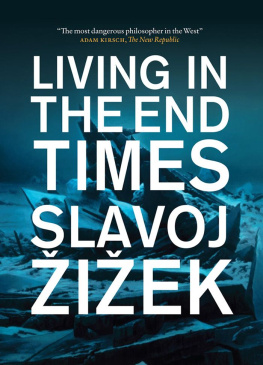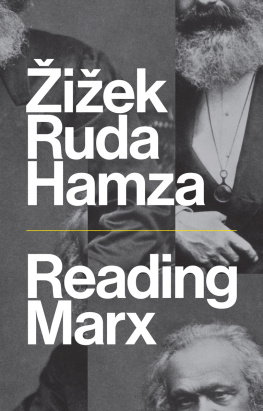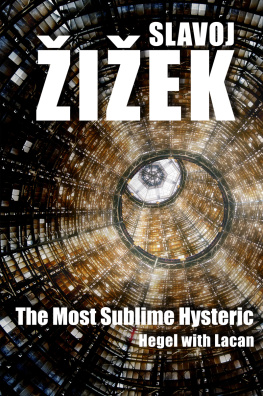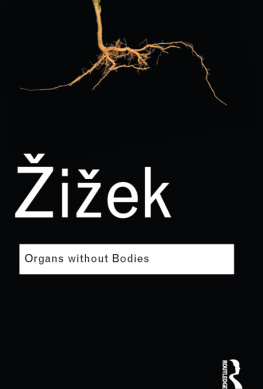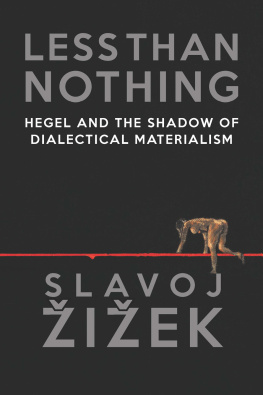
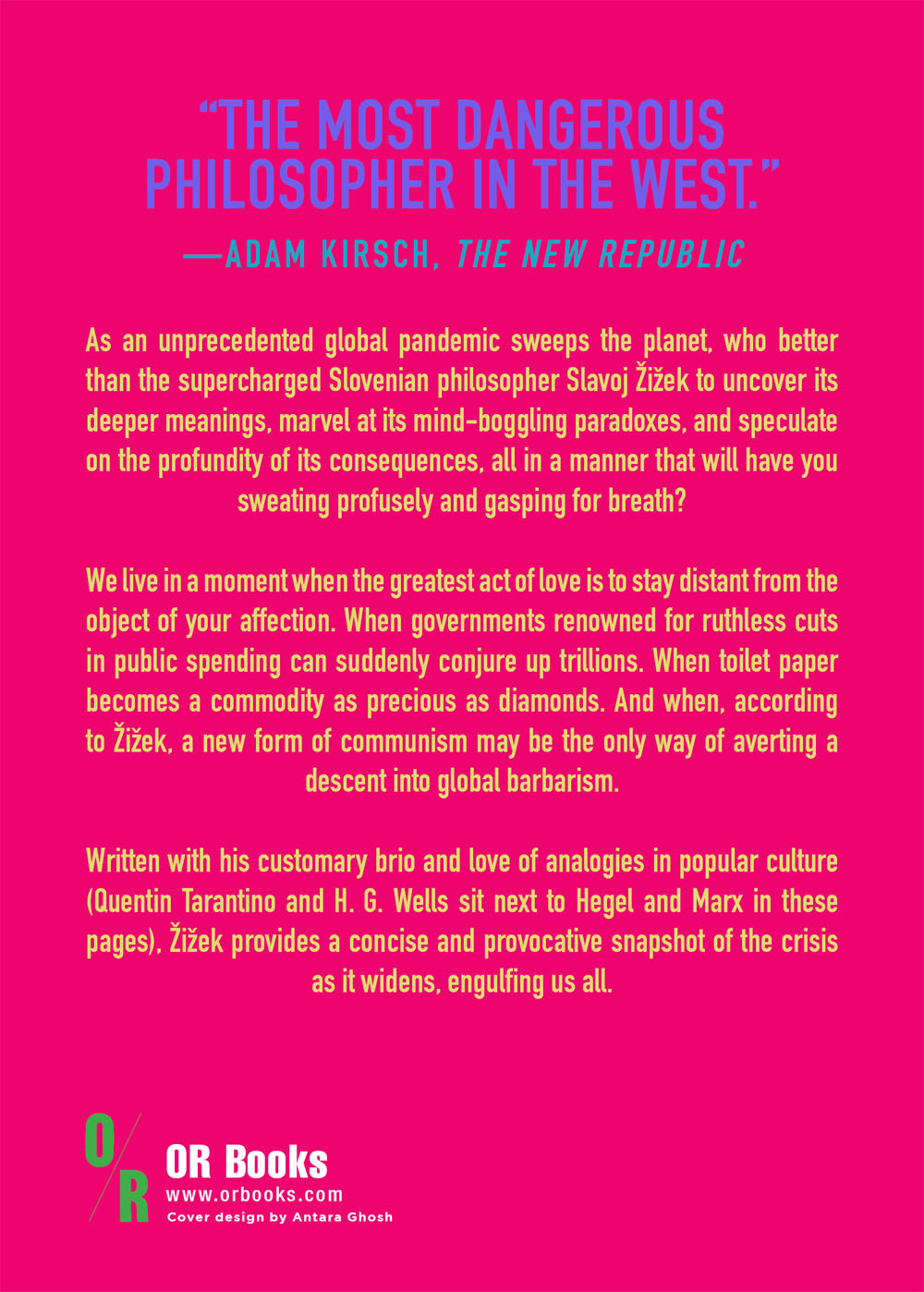
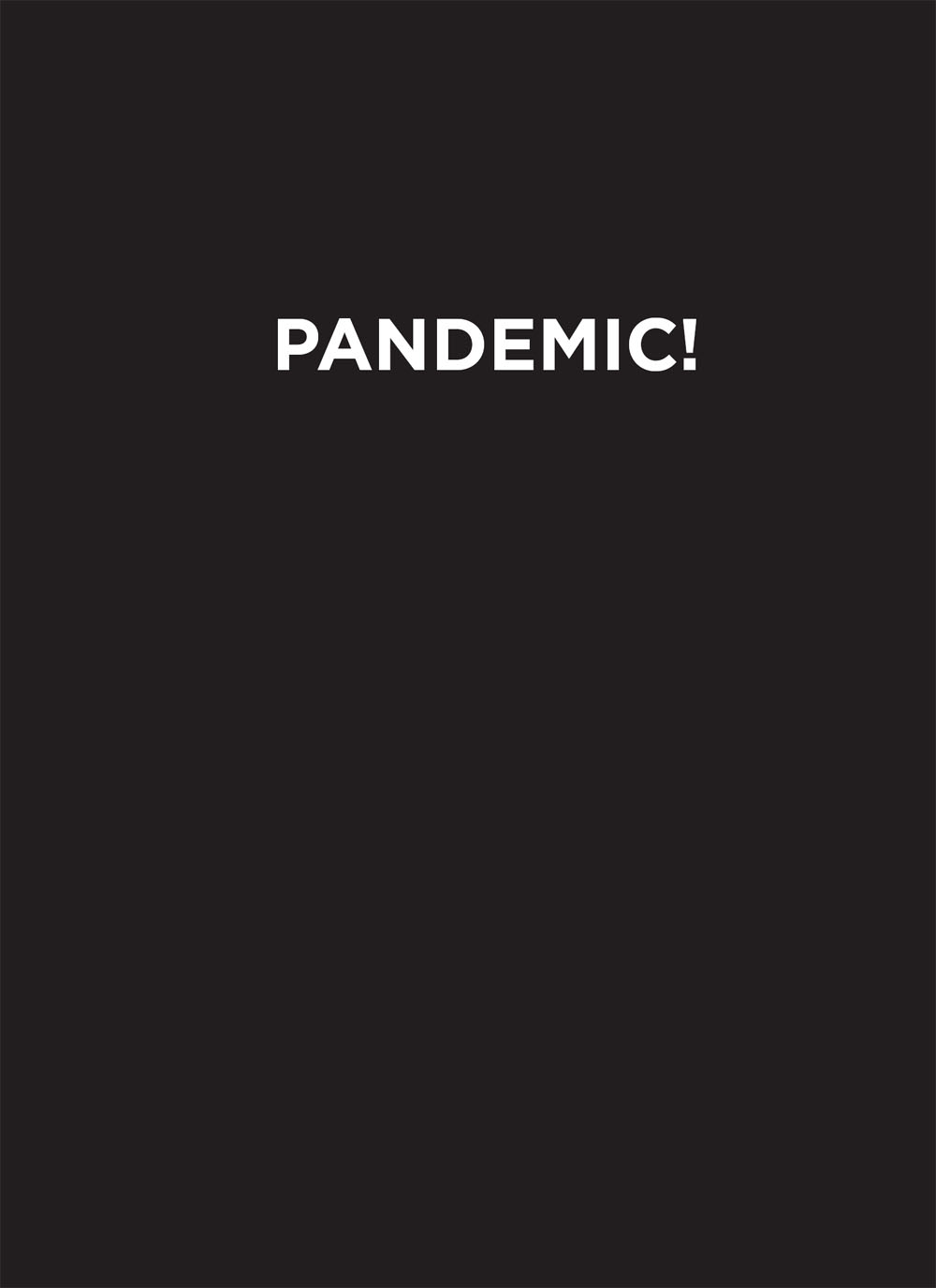

All rights information:
Visit our website at www.orbooks.com
First printing 2020
Published by OR Books, New York and London
2020 Slavoj iek
All rights reserved. No part of this book may be reproduced or transmitted in any form or by any means, electronic or mechanical, including photocopy, recording, or any information storage retrieval system, without permission in writing from the publisher, except brief passages for review purposes.
Library of Congress Cataloging-in-Publication Data: A catalog record for this book is available from the Library of Congress.
Typeset by Lapiz Digital Services. Printed by Bookmobile, USA, and CPI, UK.
paperback ISBN 978-1-68219-301-3 ebook ISBN 978-1-68219-246-7
For Michael SorkinI know he is no longer with us, but I refuse to believe it.
CONTENTS
INTRODUCTION
NOLI ME TANGERE
T ouch me not, according to John 20:17, is what Jesus said to Mary Magdalene when she recognized him after his resurrection. How do I, an avowed Christian atheist, understand these words? First, I take them together with Christs answer to his disciples question as to how we will know that he is returned, resurrected. Christ says he will be there whenever there is love between his believers. He will be there not as a person to touch, but as the bond of love and solidarity between peopleso, do not touch me, touch and deal with other people in the spirit of love.
Today, however, in the midst of the coronavirus epidemic, we are all bombarded precisely by calls not to touch others but to isolate ourselves, to maintain a proper corporeal distance. What does this mean for the injunction touch me not? Hands cannot reach the other person; it is only from within that we can approach one anotherand the window onto within is our eyes. These days, when you meet someone close to you (or even a stranger) and maintain a proper distance, a deep look into the others eyes can disclose more than an intimate touch. In one of his youthful fragments, Hegel wrote:
The beloved is not opposed to us, he is one with our own being; we see us only in him, but then again he is not a we anymorea riddle, a miracle [ ein Wunder ], one that we cannot grasp.
It is crucial not to read these two claims as opposed, as if the beloved is partially a we, part of myself, and partially a riddle. Is not the miracle of love that you are part of my identity precisely insofar as you remain a miracle that I cannot grasp, a riddle not only for me but also for yourself? To quote another well-known passage from young Hegel:
The human being is this night, this empty nothing, that contains everything in its simplicityan unending wealth of many representations, images, of which none belongs to himor which are not present. One catches sight of this night when one looks human beings in the eye.
No coronavirus can take this from us. So there is a hope that corporeal distancing will even strengthen the intensity of our link with others. It is only now, when I have to avoid many of those who are close to me, that I fully experience their presence, their importance to me.
I can already hear a cynics laughter at this point: OK, maybe we will get such moments of spiritual proximity, but how will this help us to deal with the ongoing catastrophe? Will we learn anything from it?
Hegel wrote that the only thing we can learn from history is that we learn nothing from history, so I doubt the epidemic will make us any wiser. The only thing that is clear is that the virus will shatter the very foundations of our lives, causing not only an immense amount of suffering but also economic havoc conceivably worse than the Great Recession. There is no return to normal, the new normal will have to be constructed on the ruins of our old lives, or we will find ourselves in a new barbarism whose signs are already clearly discernible. It will not be enough to treat the epidemic as an unfortunate accident, to get rid of its consequences and return to the smooth functioning of the old way of doing things, with perhaps some adjustments to our healthcare arrangements. We will have to raise the key question: What is wrong with our system that we were caught unprepared by the catastrophe despite scientists warning us about it for years?
WERE ALL IN THE SAME BOAT NOW
L i Wenliang, the doctor who first discovered the ongoing coronavirus epidemic and was censored by authorities, was an authentic hero of our time, something like the Chinese Chelsea Manning or Edward Snowden, so no wonder his death triggered widespread anger. The predictable reaction to how the Chinese state has dealt with the epidemic is best rendered by Hong Kong-based journalist Verna Yus comment, If China valued free speech, there would be no coronavirus crisis. Unless Chinese citizens freedom of speech and other basic rights are respected, such crises will only happen again Human rights in China may appear to have little to do with the rest of the world but as we have seen in this crisis, disaster could occur when China thwarts the freedoms of its citizens. Surely it is time the international community takes this issue more seriously.
True, one can say that the whole functioning of the Chinese state apparatus runs against old Maos motto Trust the people! Rather the government runs on the premise that one should NOT trust the people: the people should be loved, protected, taken care of, controlled but not trusted. This distrust is just the culmination of the same stance displayed by the Chinese authorities when they are dealing with reactions to ecological protests or problems with workers health. Chinese authorities ever more often resort to a particular procedure: a person (an ecological activist, a Marxist student, the chief of Interpol, a religious preacher, a Hong Kong publisher, even a popular movie actress) simply disappears for a couple of weeks before they reappear in public with specific accusations raised against them, and this protracted period of silence delivers the key message: power is exerted in an impenetrable way where nothing has to be proven. Legal reasoning comes in distant second when this basic message is delivered. But the case of disappearing Marxist students is nonetheless specific: while all disappearances concern individuals whose activities can be somehow characterized as a threat to the state, the disappearing Marxist students legitimize their critical activity by a reference to the official ideology itself.
What triggered such a panicky reaction in the Party leadership was, of course, the specter of a network of self-organization emerging through direct horizontal links between groups of students and workers, and based in Marxism, with sympathy in some old party cadres and even parts of the army. Such a network directly undermines the legitimacy of the Partys rule and denounces it as an imposture. No wonder, then, that, in recent years, the government closed down many Maoist websites and prohibited Marxist debate groups at universities. The most dangerous thing to do today in China is to believe seriously in the states own official ideology. China is now paying the price for such a stance:
The coronavirus epidemic could spread to about two-thirds of the worlds population if it cannot be controlled, according to Hong Kongs leading public health epidemiologist Gabriel Leung. People needed to have faith and trust in their government while the uncertainties of the new outbreak were worked out by the scientific community, he said, and of course when you have social media and fake news and real news all mixed in there and then zero trust, how do you fight that epidemic? You need extra trust, an extra sense of solidarity, an extra sense of goodwill, all of which have been completely used up.
Next page
